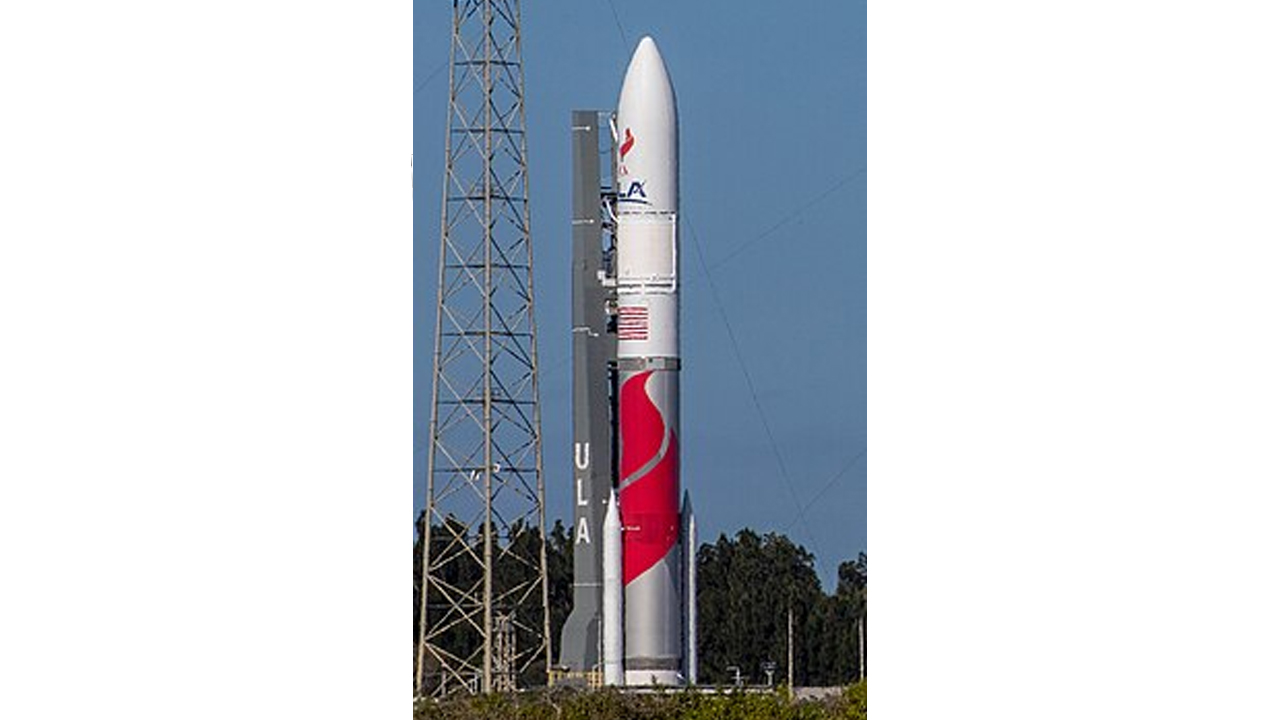Moon lander from US firm launches to space aboard Vulcan rocket
A robotic lander built by a private company was bound for the moon on Monday in an attempt to make the first U.S. lunar soft landing in half a century, after launching to space aboard a new Vulcan rocket debuted by a joint venture of Boeing and Lockheed Martin.

A robotic lander built by a private company was bound for the moon on Monday in an attempt to make the first U.S. lunar soft landing in half a century, after launching to space aboard a new Vulcan rocket debuted by a joint venture of Boeing and Lockheed Martin. Space robotics firm Astrobotic's Peregrine lunar lander launched toward space at 2:18 a.m. EST from Cape Canaveral, Florida on the first flight of Vulcan, a powerful rocket that had been under development for a decade by the Boeing-Lockheed venture United Launch Alliance (ULA).
"Everything looks just spot on, just perfect," Eric Monda, a ULA mission official, said from the company's launch control room after Vulcan lifted off for the first time. If all goes well, Peregrine would mark the first U.S. soft landing on the moon since the final Apollo landing in 1972, and the first-ever lunar landing by a private company - a feat that has proved elusive in recent years.
Vulcan's debut launch appeared to go as planned, with its second stage booster reaching orbit some 15 minutes after liftoff carrying Peregrine deeper into space. The launch was a crucial first for ULA, which developed Vulcan to replace its workhorse Atlas V rocket and rival the reusable Falcon 9 from Elon Musk's SpaceX in the satellite launch market.
Peregrine is set to land on the moon on Feb. 23 with scientific payloads aboard that will seek to gather data about the lunar surface ahead of planned future human missions. It marks the first trek to the moon's surface as part of NASA's Artemis moon program.
(This story has not been edited by Devdiscourse staff and is auto-generated from a syndicated feed.)










